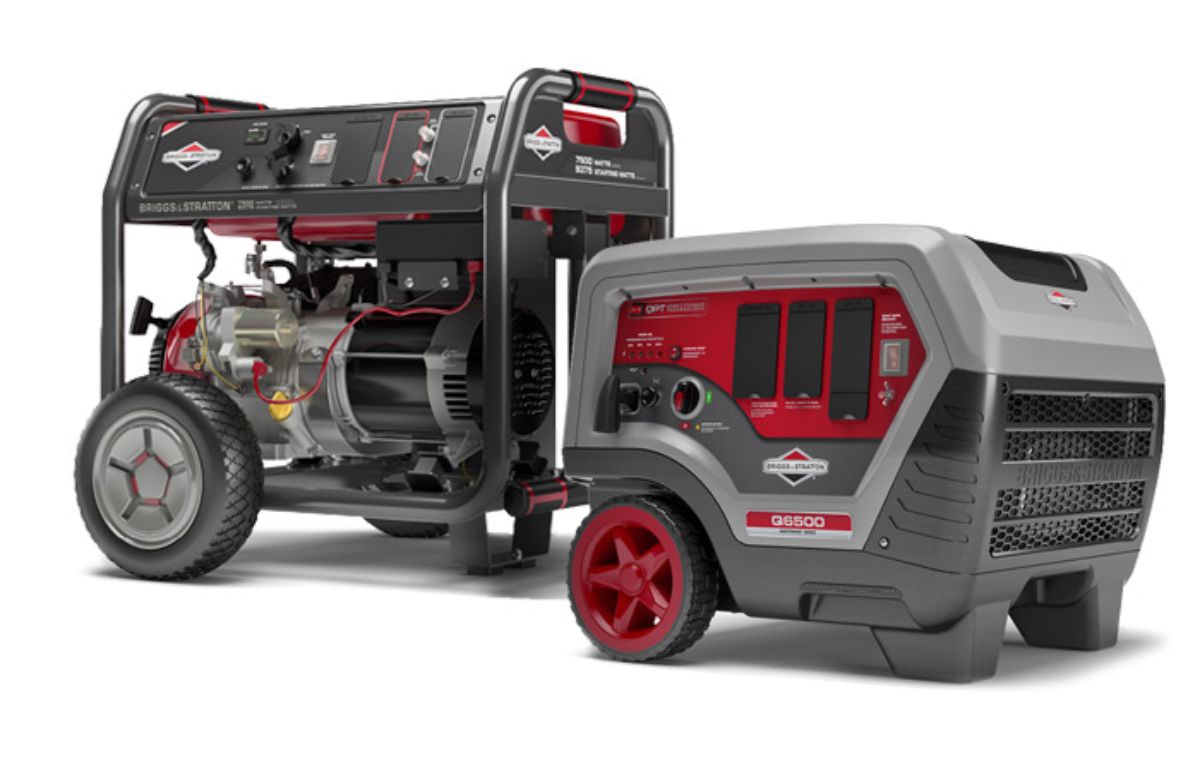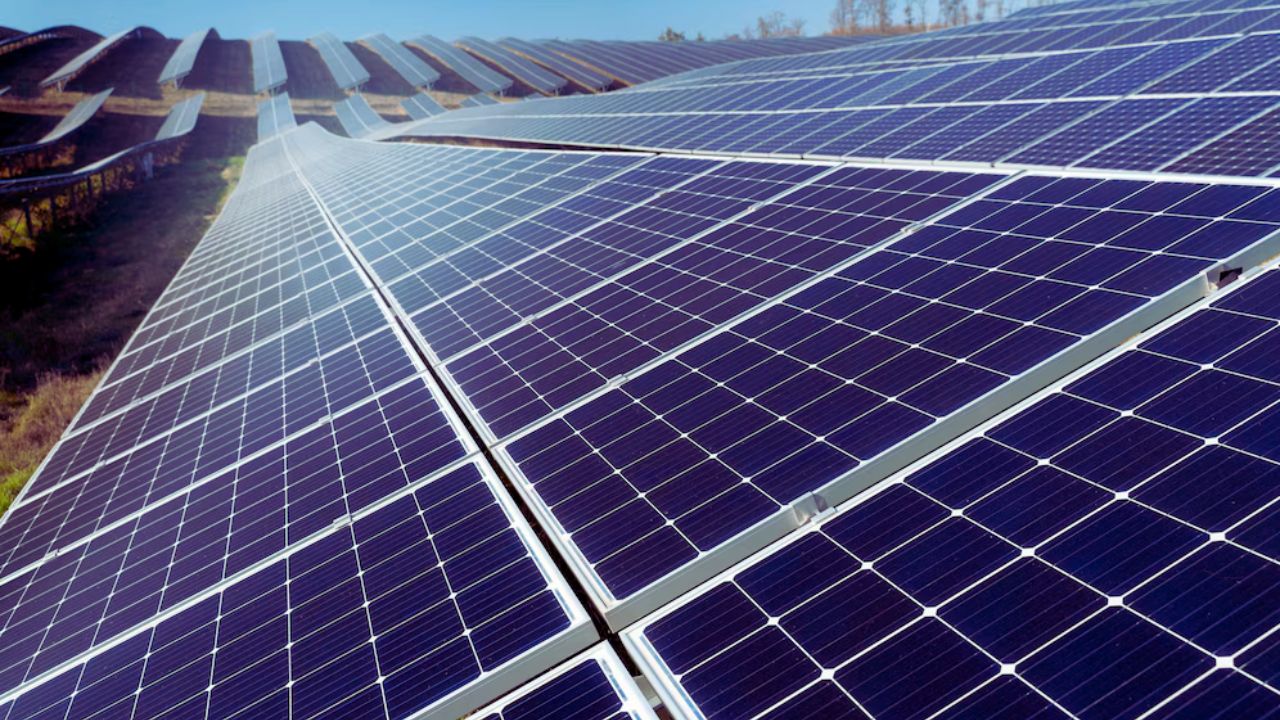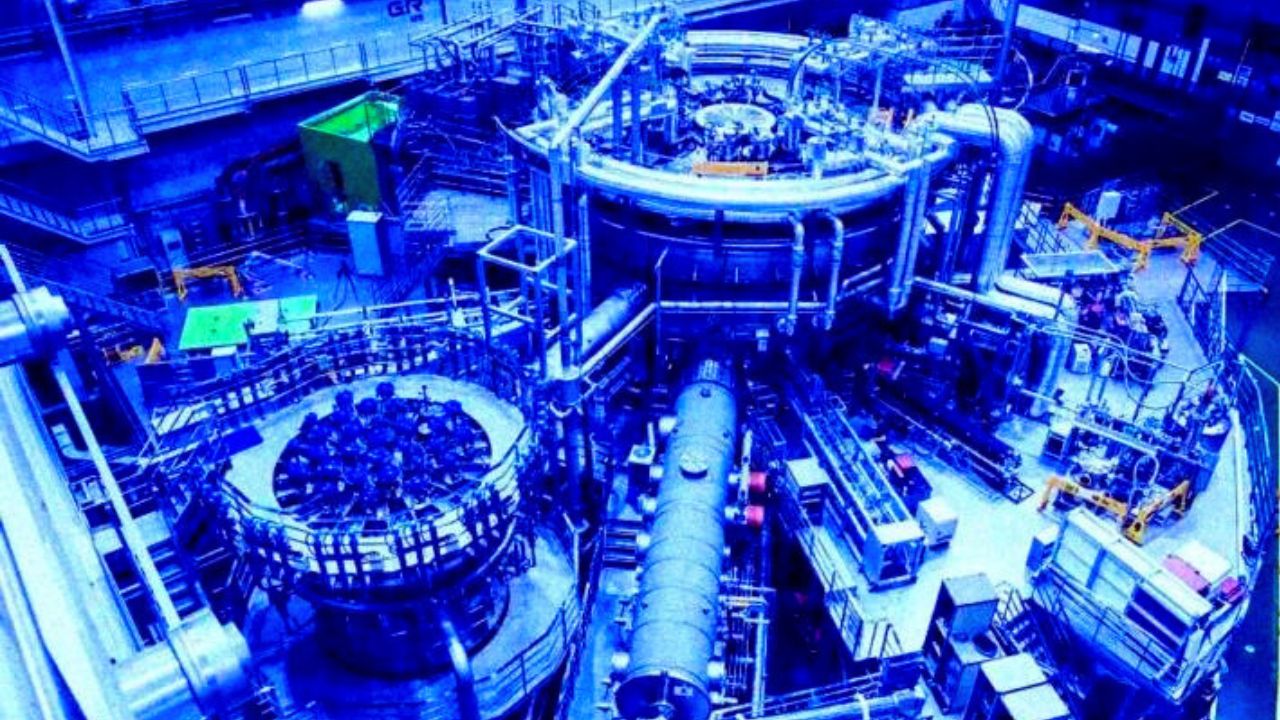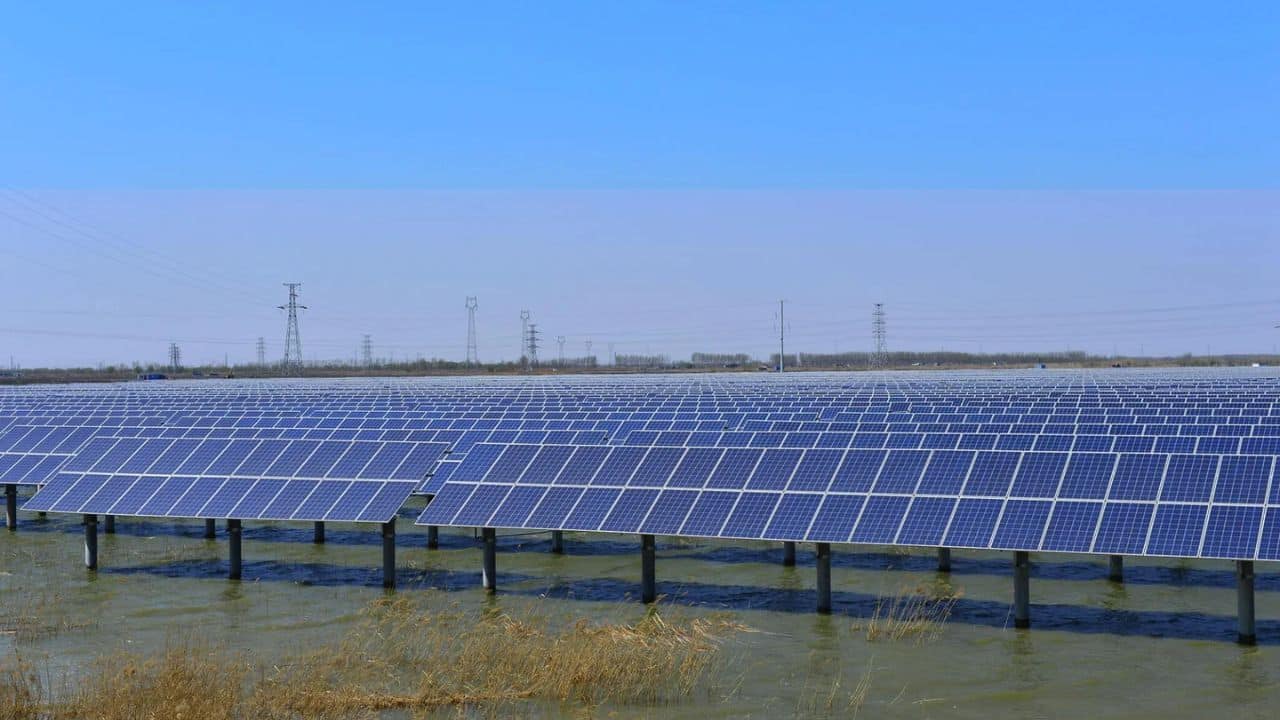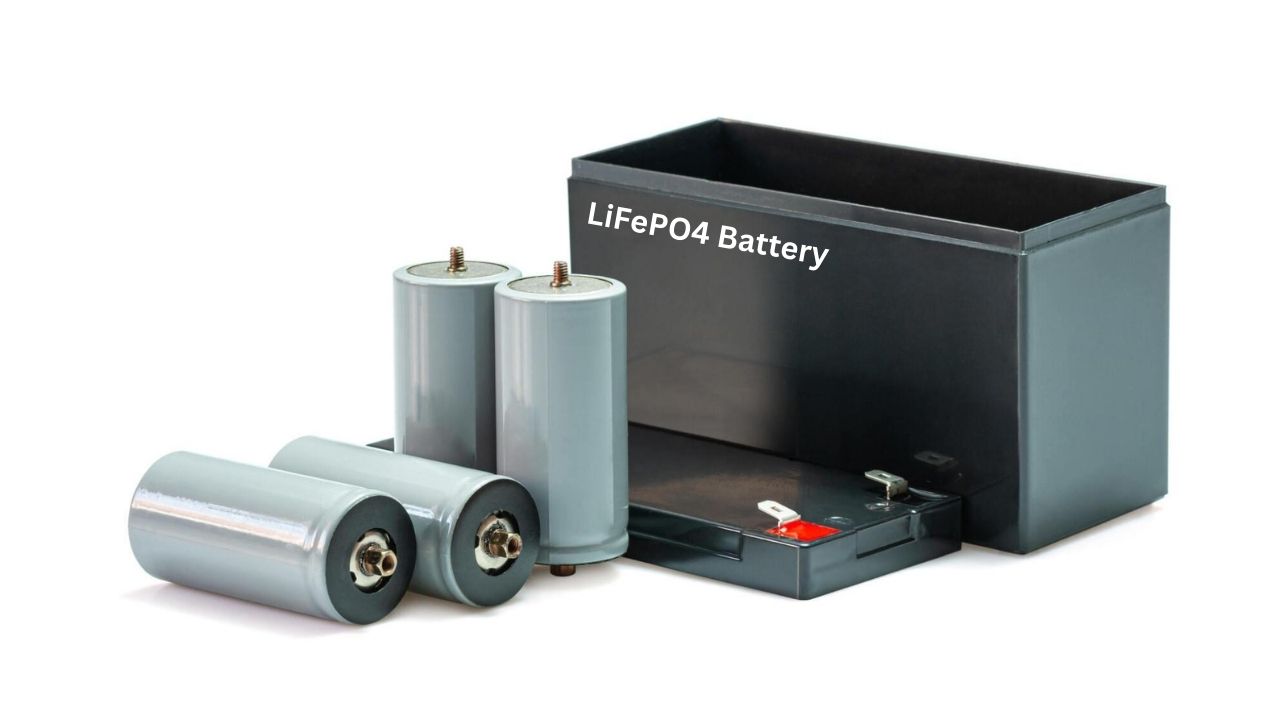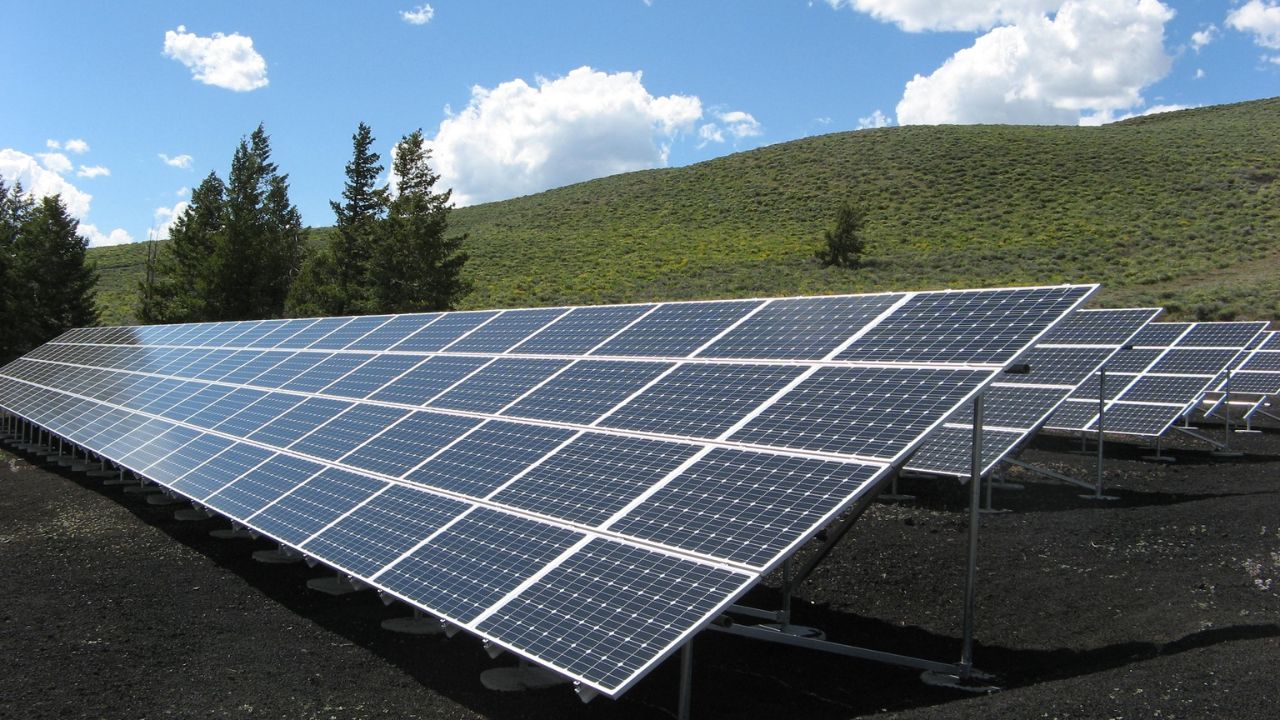When there is a power outage, the appliances and electronics in a home or business can stop running. For most, this may mean ending up being in the dark, sweating because of the summer, or worrying about the $250 worth of food getting spoiled in the refrigerator. Some can even get worried about flooding without sump pumps.
At times, there can be a power outage. But when it becomes a routine, it can be high time you start investing in backup power, such as diesel generators.
How do Generators work?
Generators basically don’t produce electricity. They convert mechanical energy into what is called electrical energy. This process is referred to as electromagnetic induction.
This energy creates electric charges, which can be pushed via a conductor in the magnetic field. The results are electrical current, which might be used in powering everything from medical equipment and walk-in coolers to phone chargers and lights.
Emergency Generators vs. Standby Generators
The decision between emergency generators and standby generators is among the first choices you’re going to face.
In order to determine the right option, think of the primary reasons you are in the market for generators and what you want to power when there is a power outage.
Emergency generators are portable and designed to power several appliances in an emergency. They are not connected permanently to electrical panels.
Many backup generators are powered by gasoline. So the location of use is imperative in order to avoid carbon monoxide poisoning.
On the other hand, standby generators are installed near the building and are directly connected to electrical panels. These kinds of generators are powered by a source of fuel, normally liquid propane or natural gas from the city.
Choosing Generators
When choosing generators, you will have to determine several factors. It is simple to buy generators. But in order to do this, you must set certain criteria for determining the best generators.
For instance, if you need quiet generators, you may want to go gear the search toward silent generators. Know that many generators, especially portable ones, are powered by diesel or gas.
These sources of fuel may provide power to support home necessities and big appliances. Normally, electric generators are aptly described as a power bank, which is intended for smaller items, like:
- Fan
- Phone
- Laptop
The safety concern is also another important factor to look at. Like everything, which emits exhaust, generators may lead to poisoning, especially when you are not keen.
When using your generator, avoid running it in an enclosed space. That is because it emits exhaust, which is not healthy for anyone.
It is advisable that, if you could, consider using a portable carbon monoxide detector to ensure exhaust does not find its way to the living quarters.
The Bottom Line!
Cold climate residents require generators to run furnaces as well as heat-producing devices in the case of a power outage. A power outage is basically a nuisance. It may affect everything you want to work on, like computers, TV, and lights.
If you can’t withstand a power outage for a long time, investing in a good generator will be a great idea. It will provide you with power and keep vital systems running and online.

